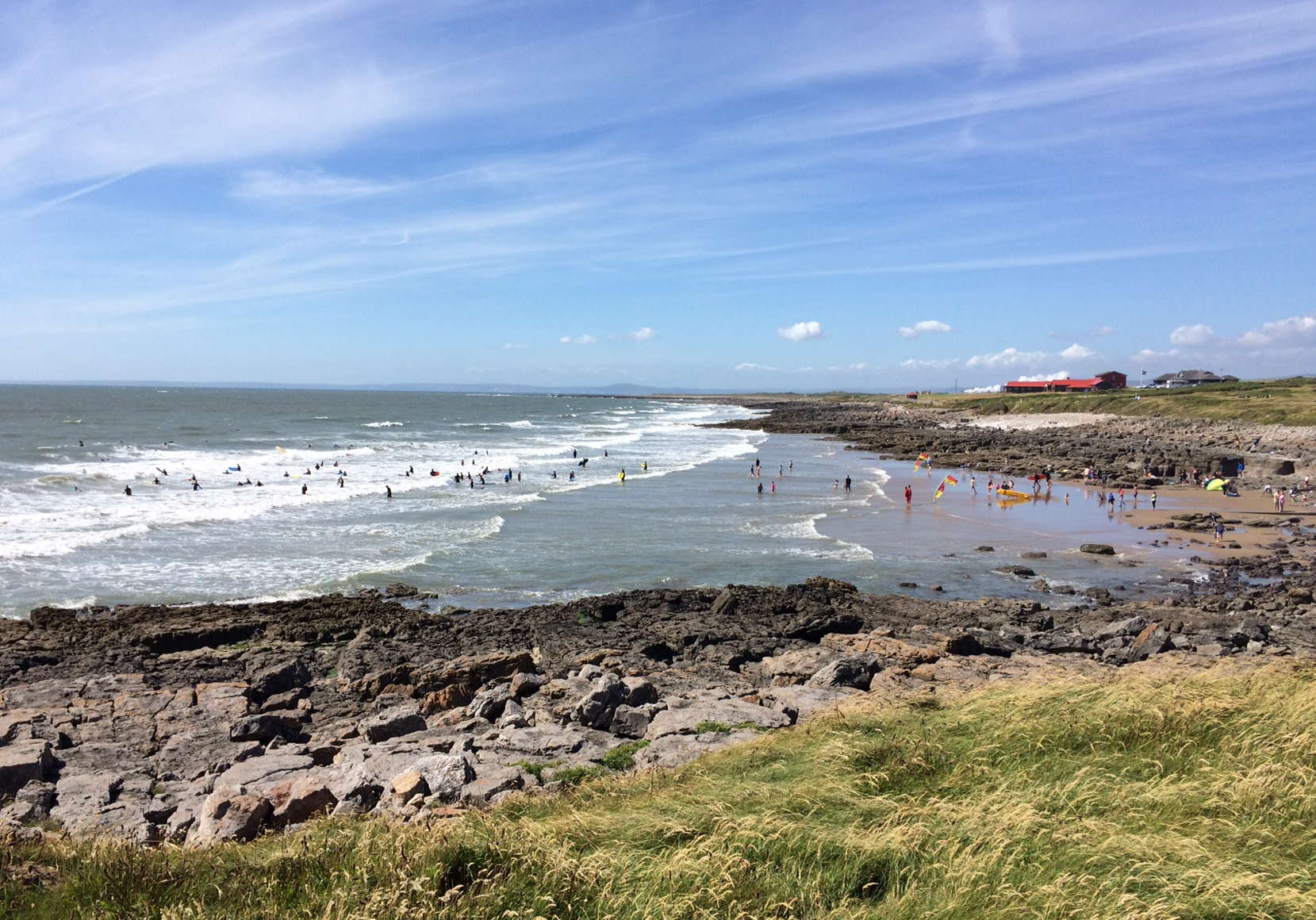Support for vulnerable children
Call our advice helpline for vulnerable children
If you’re concerned about a vulnerable child, our helpline gives information, advice and assistance which could prevent situations escalating.
Contact
Early Help COVID Helpline
Support during the pandemic
Children entitled to free school meals now receive food parcels delivered directly to each child’s home by school transport operators. They have five days’ worth of food, which covers both breakfast and lunch each day.
Pupils on the child protection register continue to receive contact and support from our social care teams. Also, they have regular contact through Skype and on the telephone.
Schools have individual action plans for vulnerable learners. They regularly check in and monitor their well-being via email, phone and other online methods. Vulnerable children can access emergency childcare hubs and special schools.
Our Inclusion Service, Edge of Care Team and Bridgend Youth Justice Service are in regular contact with children, young people and families. They continue to provide advice and guidance.
Critical cases are being contacted every other day, and risk assessments are being made, so that personnel visits can be made where necessary. Early help services are staying in close contact with children.
NSPCC’s Coronavirus support
The Childline website and message boards have new pages about the Coronavirus and coping tips. Also, they have a wealth of information and support. In particular, the Childline helpline is for children to talk directly to someone by phone or email.
Contact
T: 0800 1111
9am to 12pm
In response to the Coronavirus, the NSPCC’s Children Services Department has moved online. Staff can contact children and families through technology alone.
The NSPCC is offering online safety sessions for children aged 9 to 13 who are looked after and open to Local Authority Children’s Services. The sessions will look at life online for a young person and how it may be affecting them. Topics covered include:
- social media
- consent
- online space
- awareness of potential risk
- asking for support and help
Carers will receive extra support as they need space to explore worries and concerns. They will have time for gaining guidance and support.
Mental health support for pregnant mums or couples
This is for people with mild to moderate anxiety or depression. The programme reduces the effect of anxiety and depression on parents themselves, and so helps people build a positive relationship with their unborn babies. This service will also take into account the impact of Covid-19.
Child sexual exploitation programme for young people
This course is for young people at risk of or experiencing child sexual exploitation. Use the contact information below to find out more.
The NSPCC will continue to deliver their socio-educative programme ‘Protect and Respect’, but it is now adapted for one to one delivery.
A service to increase online safety
The NSPCC’s service to boost online safety is called ‘In Ctrl’. It is designed to help children and young people aged between 9 and 13.
The service includes an initial assessment to identify the particular needs of a child and their parent/carer. Then there are three 40 minute sessions to develop effective ways to minimise risk and enhance safe online activity. The sessions will take place by telephone or virtually by video call.
Sign-up to the above sessions
You can join the above sessions by calling the below number.
Contact
T: 02920 108080
These organisations offer free 30 minute introductory webinars on keeping families safe online. The webinars highlight the risks children can face online while offering practical advice and signposting for help and support. Sign up via parentworkshops@nspcc.org.uk.
Home is not always safe for children, and this may especially be the case in a period of increased domestic violence. The NSPCC helpline is there for adults who are concerned about a child or young person. Their trained professionals will talk through your concerns, give expert advice and take appropriate action to protect the child.
Contact
T: 0808 800 5000

